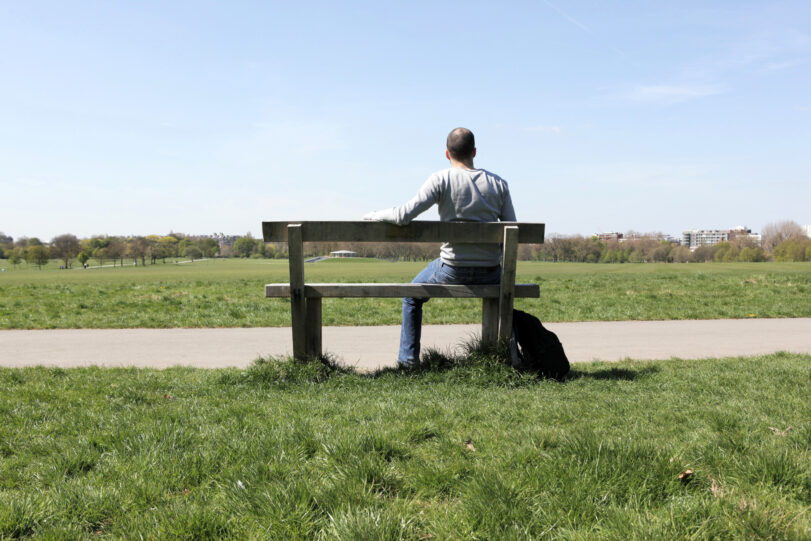
We all have heard about the importance of socializing with friends and the impact this has on our well-being and happiness, but there is also great value in being alone or in solitude.
Practicing Solitude
We all have heard about the importance of socializing with friends and the impact this has on our well-being and happiness, but there is also great value in being alone or in solitude.
What does it mean to truly be alone?
Well, not only is nobody else physically around you but there is no technology in use, truly disconnecting you. This means no texting, phone calls, emails, or social media to distract you. It’s you and your solitude.
In today’s hyper-connected world, it is hard to find a moment of peace and quiet without being bombarded with notifications from our devices. It’s easy to forget that taking time out for ourselves is the best thing we can do for our health.
It’s these quiet times you can use to daydream, relax, and be alone with your thoughts and feelings and develop a better understanding of who you are.
Spending time in solitude allows us to reboot and recharge. If we are often around other people, that feeling of having to be “on” all the time can be exhausting.
Amy Morin, psychotherapist and International best-selling mental strength author says when she mentions spending time in solitude, many of her clients say they are “too busy” and “can’t sit still”, but these are the people who may benefit the most.
Being alone has many benefits backed by science including:
- Increasing empathy
- Increasing productivity
- Inspiring creativity
- Building mental strength
- Helps you get to know yourself along with your goals and dreams
- Teaching solitary skills to children early may reduce behavior problems
Creating quiet time for yourself could be essential to becoming the best version of yourself!



